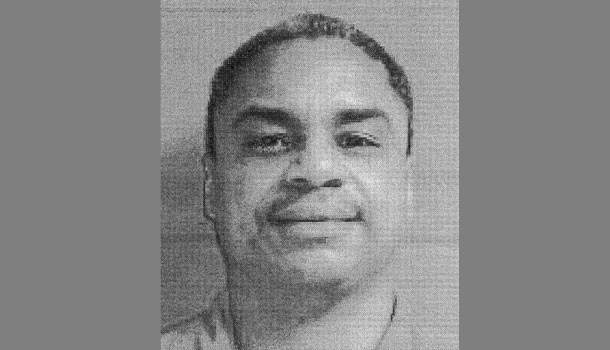
PHILADELPHIA — The state’s high court on Wednesday halted Pennsylvania’s first scheduled execution in more than a decade, at least temporarily sparing the life of a man who says the two men he killed had molested him.
With hours remaining until Terrance “Terry” Williams’ death warrant expired, the state Supreme Court denied a last-minute appeal by Philadelphia prosecutors to overturn a lower court ruling and proceed with the execution.
The 46-year-old Williams, of Philadelphia, killed two men in his teens.
A state judge found late last week that prosecutors withheld evidence from Williams’ capital murder trial in 1986, including evidence the victim in that case was molesting teen boys. Common Pleas Judge M. Teresa Sarmina tossed out Williams’ death sentence on Friday but upheld his first-degree murder conviction.
But Philadelphia’s district attorney appealed her ruling and wanted Williams executed before the death warrant expired at midnight Wednesday.
Williams, 46, has been on death row for nearly three decades. He would have been the first person executed in Pennsylvania in 50 years who had not given up his appeals.
Williams’ lawyers spoke with him by phone Wednesday afternoon from outside the prison at Greene County, where he’s on death row. He was never moved to the Centre County facility where he would have been executed.
“He was very relieved,” said defense lawyer Shawn Nolan, one of several federal public defenders representing Williams. “Today was a very scary day for Terry because the stay could have been lifted, and he could have been taken to Rockview and executed.”
They argued that prosecutors had appealed only the stay of execution and not Sarmina’s decision to throw out the death sentence. If the state had executed Williams, it would have done so without a valid death sentence, they said in papers filed Wednesday morning.
District Attorney Seth Williams, no relation to the defendant, insists Terry Williams is the rare defendant deserving of the death penalty, and complained in a response Wednesday that his appeals have tied up the court system long enough.
“Since the sentence of death was imposed in 1986, vast resources have been expanded to give consideration to his every challenge to the judgment,” prosecutors wrote.
Williams was 17 when he fatally stabbed a 50-year-old high school sports booster during a sex-linked argument at the man’s apartment. He had turned 18 when he and a friend fatally beat the 56-year-old church deacon, Amos Norwood, in a cemetery five months later.
Williams, a gifted quarterback who led his high school to a city title, was having sex with homosexual men throughout his teens in exchange for money, gifts and clothes. He says Norwood had been sexually abusing him since he was 13. The jury heard only that Norwood was killed in a robbery. Sarmina relied on original police files she unearthed in ruling Friday that prosecutors had “sanitized” the real story, perhaps affecting the jury’s decision to sentence Williams to death.
The Supreme Court will now ask for briefs as prosecutors appeal her finding.
Only three people have been executed in Pennsylvania since the U.S. Supreme Court restored the death penalty in 1976.
Gary Heidnik was executed in 1999 for the murders of two women he had imprisoned in his Philadelphia home. The others were both executed in 1995: Leon Moser for the 1985 murders of his wife and two daughters in suburban Philadelphia; and Keith Zettlemoyer for the 1980 slaying of a friend who planned to testify against him in a robbery trial.
— Associated Press


